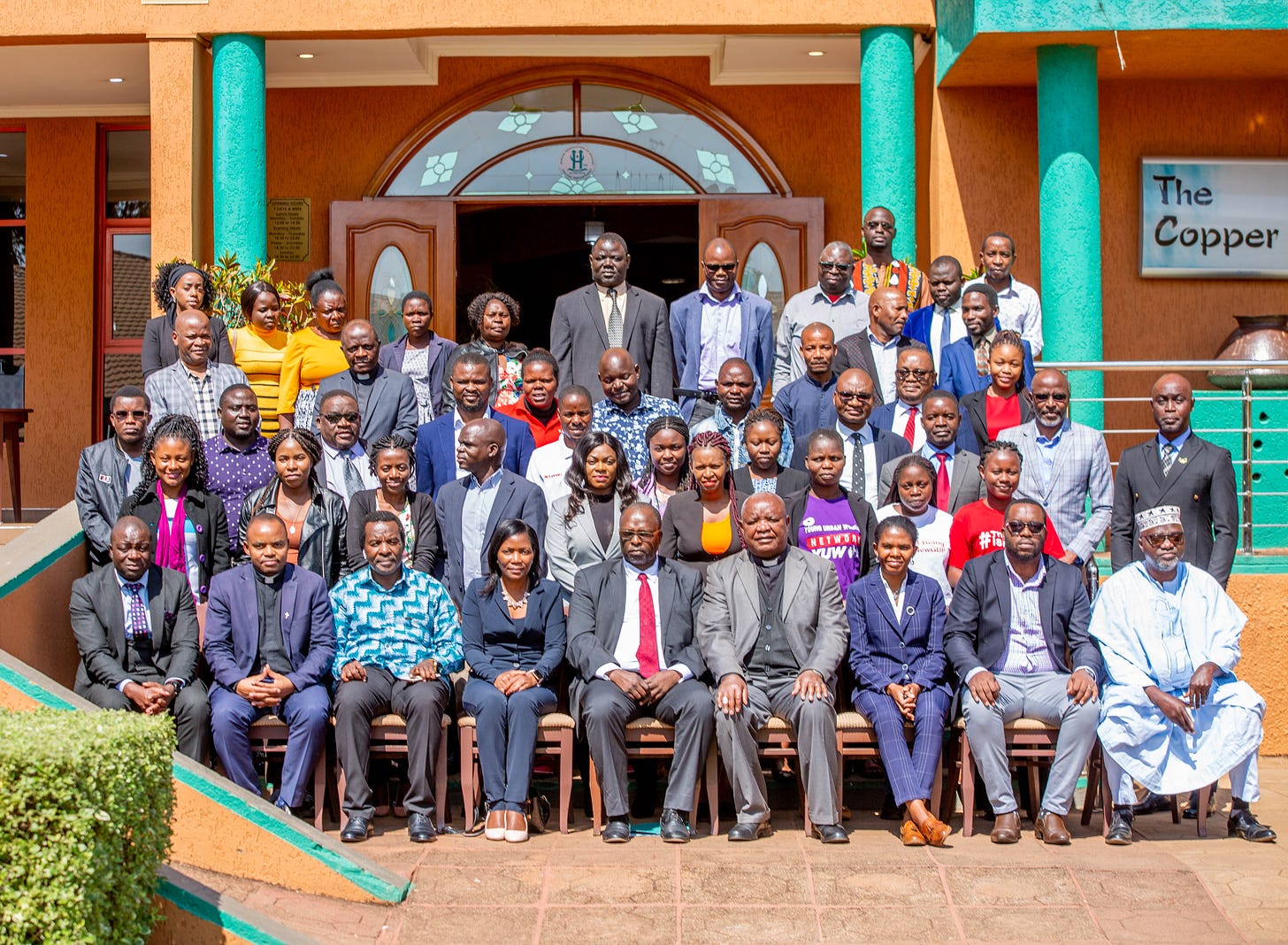Debt Conference in Malawi Shows Political Will to Address Debt Distress-AFRODAD
Debt Conference in Malawi Highlights Government's Commitment to Address Debt Crisis
LILONGWE, MALAWI — The African Forum and Network on Debt and Development (AFRODAD) says the 1st Malawi Annual National Conference on Debt and Development, held from July 25–26, 2023, in Lilongwe, has showcased the Malawi government's determination to tackle the country's debt challenges, writes Winston Mwale.
Speaking to AfricaBrief, Adrian Chikowore, Policy Analyst, International Public and Private Finance at AFRODAD, highlighted the significance of the conference in demonstrating the government's political will to address the debt issue within the country.
He noted that Malawi's debt distress is hindering its ability to finance development needs, leading to a constricted fiscal space.
"The convening of this conference has shown us that there is political will from the government to deal with the issue of debt within the country. Having government officials as high as the Treasury Secretary and the President's advisor on NGOs be part of this discussion tells me that the government is serious about engaging civil society," Chikowore said.
The conference featured keynote speeches, sessions on climate financing, legal frameworks related to debt, and discussions on health and safety delivery, particularly regarding the impact of privatisation on access to essential services.
Chikowore emphasised the importance of finding sustainable alternatives to debt financing and reforming the global financial architecture.
"We need to come up with alternative economic models to engage in Malawi's Vision 2063, amongst other initiatives the country is having," Chikowore stated.
Addressing the issue of low access to energy, Chikowore pointed out that the energy crisis in Malawi is a shared challenge faced by many African countries.
The transition to renewable energy sources requires significant financing, and climate financing tends to focus more on mitigation than adaptation. He stressed the need for financing sources that are sustainable and just for achieving successful energy transitions.
"The nature in which climate financing is coming, we realise, is more private sector financing. And you know, you can't give loans to a country where the debt is too high. It's to fix the purpose of the village, but we need finances from all sources. That can be true, but they have to be sustainable. That's the only way we can get to more just transitions," Chikowore explained.
The conference proved to be a platform for constructive discussions, and while progress has been made, Chikowore acknowledged that more work needs to be done to achieve sustainable debt levels and foster cooperative relations between civil society and the government.
The insights and proposals presented during the conference are expected to play a crucial role in shaping Malawi's path towards sustainable financing for development and overcoming its current debt challenges.
The 1st Malawi Annual National Conference on Debt and Development was held under the theme: “The Sovereign Debt Crisis for Malawi: The Role of the Civil Society”.




